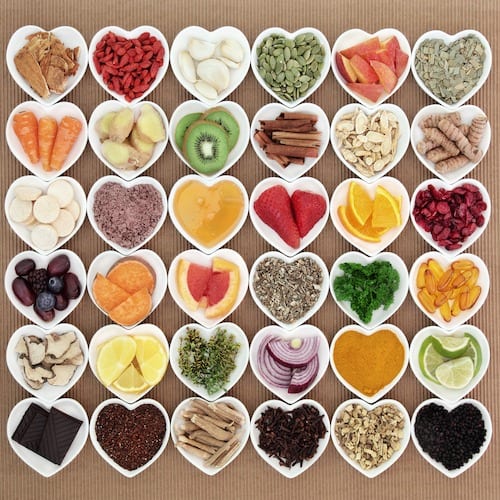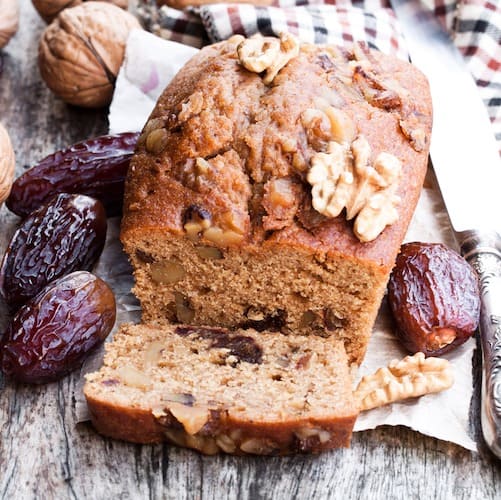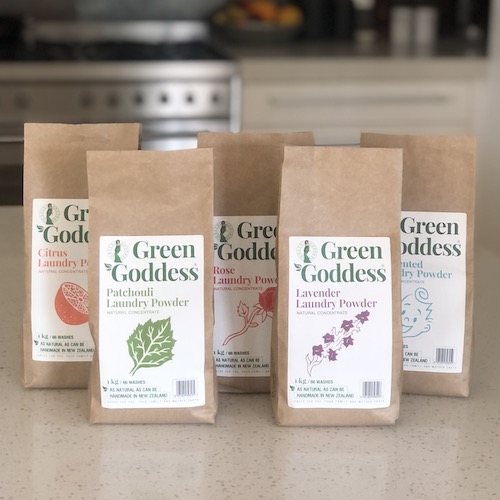In this informative article Natalie Brady (Holistic Nutritionist and Wellness Exert) shares simple and natural ways to best support our immune system. Take the time to check out these useful tips and find out how you can improve your health and boost your energy levels.
Taking charge of the health of your immune system is important for many reasons – to stop you from getting sick, to prevent the development of a disease – and it will help you to feel more vibrant on a daily basis. Being healthy is also known to protect against the effects of many viruses.
When it comes to the immune system, the health of our gut always matters. Over 70% of our immune cells hang out in the gut. Simply by strengthening your gut, you are much less likely to get sick, have allergies, or develop auto-immune diseases. Today I want to share with you some of the best ways to support your immune system.
Manage your stress. This is at the top of the list because chronic stress has been shown to suppress immune function. Head over to my recent blog how to lower cortisol when feeling stressed and anxious for some tips on how to manage your stress levels.
Seep more. This is also at the top of the list, because lack of sleep or poor quality sleep can reduce immune function. Lack of sleep decreases the activity of T-cells (a crucial type of immune cell) and weakens our immune response. Aim for 7-8 hours of sleep (ideally non-broken) on a regular basis, and avoid late nights or all-nighters.
Exercise – not only is exercise an excellent stress reducer, but it can also help to support functions of the immune system. It’s important not to over-train, as chronic strenuous exercise has been associated with an increased susceptibility to infections and can impair the immune system.
Consume a healthy diet – the healthier you are, the more likely you will be (in general) to have milder effects from colds and flu-like viruses. A healthy diet that gives you enough nutrition from protein, essential fats, vitamins, minerals, and antioxidants will help you to be healthier and more resilient in the face of pathogens. Protein is vital to build and repair body tissues and help fight viral infections, too little protein in the diet may lead to fatigue, weakness, and poor immunity.
Look after your gut – consider supplementing with a multi-strain probiotic that contains lactobacillus and bifidobacterium. As stated above, over 70% of the immune system is in your gut, your gut health matters! Quality matters when it comes to supplements, especially probiotics, so reach out for help if you’re unsure what is the best probiotic for you.
Take a vacay from alcohol, cigarettes, sugar, and processed foods. These can all suppress the immune system and impair gut health.
Increase your intake of zinc, vitamin C, vitamin D, and vitamin A.
Zinc affects multiple aspects of the immune system and acts as an antioxidant by fighting off free radicals. It’s a very common deficiency I see in clinic (especially for vegans, vegetarians, and anyone on hormonal birth controls). The best food sources of zinc are oysters, red meat, and small amounts can be found in pumpkin seeds. If you decided to supplement, it’s best to take around 25-30mg daily with food.
Vitamin C is a well know nutrient for immunity, and research has shown it can help reduce symptoms of the common cold. It can also support the body in times of stress, as vitamin C is stored in the highest amounts in the adrenal glands. Foods high in vitamin C are capsicum, broccoli, citrus fruits, berries, kiwi fruit, leafy greens.
Vitamin D is a very important immune regulator and helps with the prevention of auto-immune diseases. It’s best to get vitamin D from sun exposure during peak burn time, but with the cooler weather approaching, supplementation may be beneficial. It’s best to aim for 2,000-3,000IU daily for general health. Vitamin D is also essential to help support healthy balanced moods and hormones.
Vitamin A is also very important for immune health. Having sufficient vitamin A levels is associated with immunity to illness and infections. The best foods sources of vitamin A are orange coloured vegetables and fruit such as sweet potato, pumpkin, carrots.
If you feel you need more support or a personalised lifestyle and nutrition plan to help you get your health on track, get in touch with me today. I offer consultations via Skype if you did not want to meet in person. I also offer a 15-minute supplement review (via phone or skype) to help anyone who’d like a supplement protocol and recommendations to ensure you’re covering all basis for your health. I’m able to recommend the best practitioner only supplements to you.
Article by Natalie Brady, from Natalie Brady Nutrition ©








About The Author: Katie Brooks
More posts by Katie Brooks